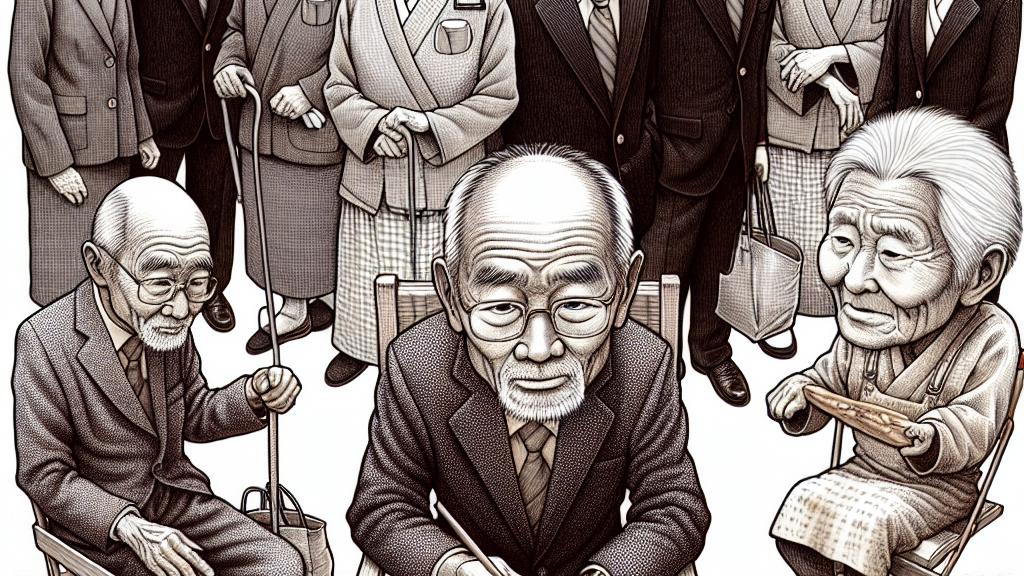Japan's Silver Workers: Battling Meager Pensions and Rising Costs!
Overview
- Over 50% of Japanese aged 65-74 are still working due to insufficient pensions.
- Japan's aging population strains the pension system and raises concerns about sustainability.
- Proactive government reforms are needed to enhance support for elderly workers.

The Surge of Senior Workers in Japan
Japan is facing a significant demographic shift characterized by an increase in the number of seniors remaining in the workforce well into their 70s. Approximately 50% of individuals aged 65 to 74 continue to work, predominantly due to inadequate pension payouts that fail to meet basic living expenses. For example, Michie Hino, a 77-year-old employee at a nursing home in Chiba, manages to earn 160,000 yen per month, starkly contrasting her limited pension of merely 40,000 yen. This imbalance illustrates the difficult financial reality many aging workers encounter. Additionally, as the cost of living rises and inflation persists, many seniors feel compelled to secure employment to maintain their standards of living, often at the cost of their health and well-being.
The Strain on Japan's Pension System
Japan's pension system faces critical challenges due to higher life expectancy coupled with a declining birthrate, leading to a sustained strain on its financial viability. Currently, the average life expectancy in Japan is 81 years for men and 87 years for women. This demographic trend exacerbates the already precarious pension scheme, which depends on contributions from a declining workforce. According to OECD reports, nearly 20% of citizens aged 65 and older live in poverty. This increasing poverty rate is compounded by rising inflation that makes everyday expenses more difficult to manage for retirees. With the rising number of pensioners and a shrinking pool of contributors, the sustainability of the current pension structure is under growing scrutiny, necessitating urgent reforms.
Toward Sustainable Employment Policies for Seniors
In response to these pressing issues, the Japanese government is implementing reforms designed to support senior citizens in their working years. Recent changes to the Employment Security Law seek to expand employment opportunities for individuals up to 70 years old, encouraging businesses to retain older employees through various job retention initiatives. However, experts warn that further action is needed to genuinely enhance the quality of life for older workers and minimize the financial pressures they face. Many seniors express a desire to remain active in the workforce not just for financial reasons but also for a sense of purpose and community engagement. Thus, addressing these economic challenges through meaningful policies will be vital to ensuring that Japan's elderly population can continue to contribute effectively without compromising their health and standard of living.

Loading...